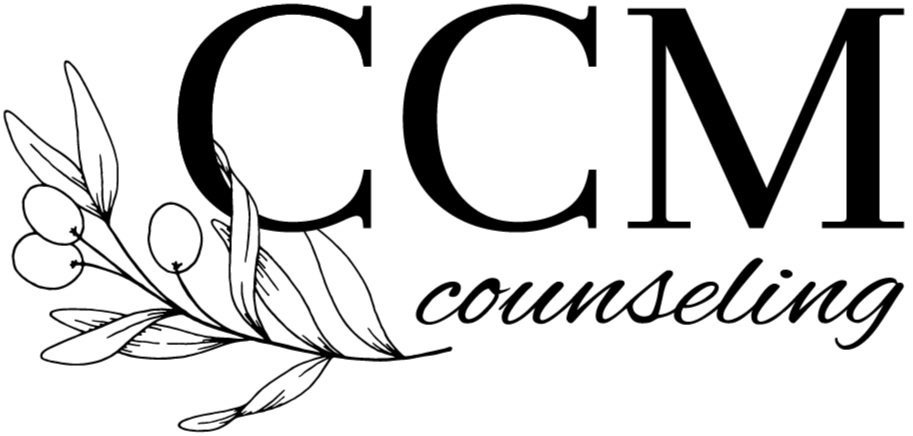Shame. The word by itself feels tainted. Broken. Like damaged goods that no one will ever want. I spoke to a woman recently who had been divorced. She communicated that it is always hard to tell people that her husband left her. She said she instantly feels eyes of judgment, projecting the question, “Why weren’t you good enough to keep your marriage together?”
Another young man shared his desires for a reconciled relationship with his father. He stated that for years he attempted to believe that his father was not abusive, a drunk, a womanizer. Surprisingly, he summarized his self-evaluation with the word, shame, as if his father’s sins were his own, marring his name, his relationships, his life.
Finally, a friend from college, conveyed anguishing stories of sexual abuse. She felt that her abuser’s shameful acts were upon her. She acknowledged that the sexual violence was completely the responsibility of her attacker but somehow, the shame was hers.
Call it victim blaming. Call it distorted lenses of realities. Call it an outcome of a fallen world. Thank God, literally, that the stories do not end here. What’s in a story? A hero, villain, conflict, climax and resolution. The story of redemption shows our need for a hero to conquer sin and death AND shame! Allow me to remind you that we are living post-climax. Jesus Christ has already defeated death on the cross. Every Easter we celebrate a Risen Savior. My encouragement today is to live in this truth.
I find comfort in Hebrews 4:15-16 “For we do not have a high priest who is unable to sympathize with our weaknesses, but one who in every respect has been tempted as we are, yet without sin. Let us then with confidence draw near to the throne of grace, that we may receive mercy and find grace to help in time of need.” (Emphasis added).
First, Jesus knows. He knows the intimate hurt that we feel. He was tempted. He was accused and abused. Jesus could have easily participated in the #metoo campaign, having endured sexual humiliation through the events leading up to the cross. It would be consider futile if the story ends there. But it does not. It certainly does not. As we know, Jesus has the victory. He wins. He is the hero. He is there at the throne of grace to provide the mercy and grace that we need. Faith in Jesus Christ brings the imputed righteous of Christ to your life. God does not see your heart; He sees the heart of Jesus. He does not see your faults, sins and shame; God sees the righteousness of Christ!
Second, you are not alone. The importance of community can be seen in the Trinity itself. The importance of community is critical for those that struggle with shame. You can commune with God, who is able to sympathize, as well as with other believers. We are here for you. Think about how being with others instantly makes circumstances better. Whether it is a long drive or a support group, other people help share the burden. “One-anothering” is when we empathize and share in the pain of someone else. “Greater love has no one than this: to lay down one's life for one's friends," (John 15:13).
Some of my fondest memories are in the trenches with good friends. The best moments in life are the fragile, vulnerable, “I need a Savior” times when depravity meets divinity. God whispers His presence and everything changes.
Understanding this is simple...and so hard. God is Sovereign. I try to appreciate that every day. Some days are better than others. Some are awful. During the latter, I rely on God and community to remind me that Jesus died for my sins and shame. ... that my sin and shame do not define me. ...that He has the victory. ...that He has provided the imputed righteousness. ...that my value is in Him.
You are not your sin, shame, and faults. You are an image bearer of God, an adopted son in God’s family, a co-heir in the riches of Christ. Rest in this truth. If you need prayer or counsel through God’s story, there is no shame in asking for someone to “one-another” with you. Contact my good friends at Cornerstone Counseling Ministry.
Written by Michael Tukeva, M. Ed.
Michael Tukeva is a non-profit executive director with a passion for counseling and challenging the status quo. He views relationship building as critical for personal and community growth. Michael has served as a counselor in a variety of settings including a domestic/sexual violence shelter, a mental health clinic and at the church he attends. Two of his favorite questions to ask people upon meeting are, "What's your story?" and "How's your heart?".









